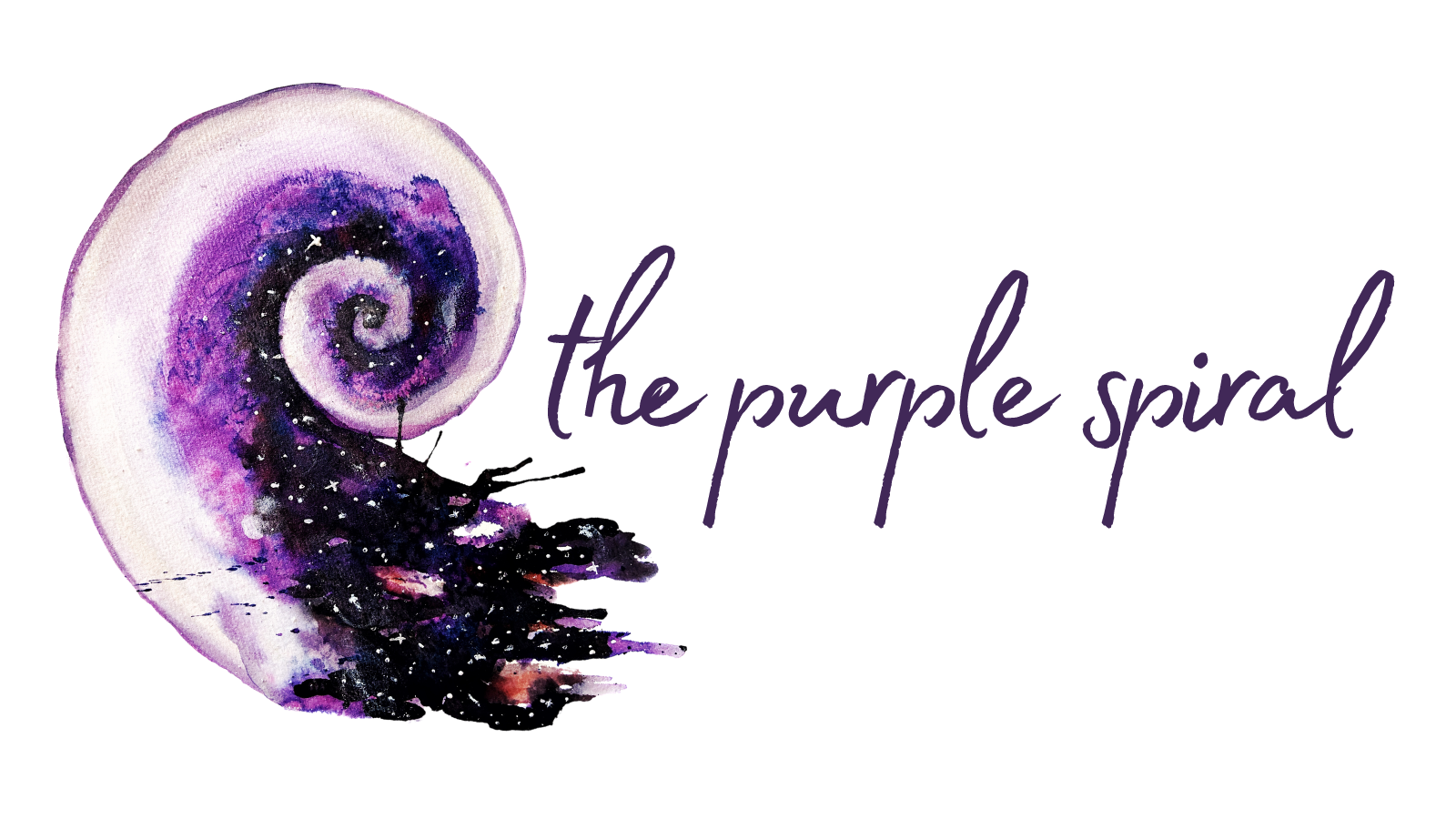Hypervigilance is a stress response – if you have ever experienced it, you probably don’t need a definition. It leads to a constant emotional state of fight-or-flight. This is exhausting, bad for your health, and just generally unpleasant.
Hypervigilance is a feature of many conditions that arise from childhood trauma. Little brains can be wired to be on constant alert, scanning their surroundings for danger. When you didn’t learn how to feel safe as a child, it’s hard to let go of the hypervigilance even as an adult.
I’ve been thinking a lot about my own hypervigilance the last few weeks (it hasn’t really given me much of a choice, to be honest). I experienced a near-constant state of fight-or-flight as a child, for many complex reasons. One contributing factor I can’t stop thinking about right now is the doctrine of hell.
Here’s an interesting thing about trauma. It’s not the situation itself that is traumatic, it’s the way a person experiences it. This is why you can have two people go through the same experience and one gets PTSD while the other recovers quickly. So what follows here is my experience. Not everyone who was raised with these teachings will have had the same emotional response I did.
(We can learn ways to grow our resilience and make it less likely we’ll be traumatized by bad situations, but that doesn’t mean that if you’re traumatized it’s your fault, or that you are weaker than another person who didn’t experience your situation as traumatic. Many things influence our experiences of trauma, and we control only a few of them, especially as children.)
The doctrine of hell was a traumatic element in my childhood. Not so much because I was afraid of going to hell – I was reassured by the adults in my life over and over again that I had met the requirements for reaching heaven. Rather, it was the idea that every sin – every little, teeny, tiny, error, every mistake, every accidental slip-up – was worthy of hell.
Jesus’ forgiving my sins was no excuse to sin more, that much was clear. So I became very, very careful about everything I did. I stopped and thought and thought before I said anything. If an activity was even questionable, I didn’t take part. If my parents expressed the slightest concern about something – music, clothes, friends – I steered clear. I played it on the extremely safe side.
I think you probably see where we are going here. For me, the doctrine of hell became a catalyst for hypervigilance. But instead of just watching the world around me for danger, I was on careful alert, constantly, to protect myself from the possibility of being human. I thought if I were just vigilant enough, I might get close enough to perfection to be worthy of existing.
Today I don’t believe in hell. I don’t believe in perfection either. But I still struggle with hypervigilance.
For me this shows up as paralysis – I’m so afraid of doing something wrong that I end up doing nothing at all. It shows up as panic attacks if I make a mistake or don’t know exactly how to perform a task. It shows up as irritability when people ask questions I can’t answer. It shows up as mentally combing through every social interaction for days afterwards for anything I might possibly have said or done wrong.
It shows up as exhaustion in my body, deep breaths I struggle to take, a heart that beats too fast. It shows up as migraines and fibromyalgia and insomnia and chronic fatigue.
The best way I’ve found to counter the hypervigilance is to re-learn how to feel safe in my body, my emotions and my mind. For me this looks like meditation and yoga, mindfulness and quiet walks, journaling and time with safe friends. Just as we all respond differently to potential trauma, we all respond to different healing practices.
Would you like help finding your own ways to feel safe in your body, mind and feelings? Are you interested in understanding yourself better? Book a discovery session today!

